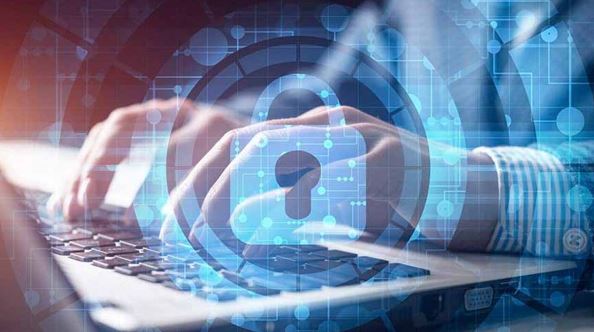How to protect minors from cyberbullying
By Abdulaziz RASULEV, Doctor of Law, Professor Shokhzhakhon KHUZHAEV, PhD
The following article was contributed by the Embassy of Uzbekistan in Seoul for publication by The Korea Post media, publisher of 3 English and 2 Korean-language news publications since 1985.—Ed.
Now many are literally sounding the alarm in connection with the bullying of children on the Internet. Cases of cyberbullying are on the rise. How to protect minors from this? How effective are legal safeguards?
The Internet and social networks have become the most popular type of leisure activities, and for young people they have practically replaced live communication. This was facilitated by the pandemic, during which restrictions were in effect, and school classes were conducted remotely. In general, social networks contain a large amount of information for young people. Therefore, the question of whether it is necessary to filter the message flow for children or increase the spirituality of youth is relevant.

In scientific-theoretical and expert-analytical circles, in the media space, discussions have been going on about this for several years. Some users are in favor of establishing legal guarantees. However, there are those who consider interference in the area of freedom of speech unreasonable. So, in February of this year, the Senate of the Oliy Majlis of the Republic of Uzbekistan decided to send a parliamentary request to the Cabinet of Ministers regarding the development of national content for young people and minors on the Internet, increasing the culture of using social networks and the need to protect against harmful information. This news sparked a heated discussion.
A natural question arises: is it necessary to consolidate the protection of children at the level of the law? Are the opinions of many scientists and journalists about the importance of guarantees for the protection of children justified? First of all, it should be pointed out that the legal guarantee of the protection of children from harmful information follows from the generally recognized norms of international law. According to Article 17 of the Convention on the Rights of the Child, which Uzbekistan acceded to in 1992, states to encourage the development of appropriate principles for the protection of the child from information and materials harmful to his well-being. In the World Declaration on the Survival, Protection and Development of Children, concern for the development of children, protecting them from various threats, is an obligation NOST State.
There are no such provisions in our Basic Law. There are a number of important provisions in the Industry Legislation. In particular, in 2018, a separate law “On the protection of children from information harmful to their health” was adopted. The Law “0 Guarantees of the Rights of the Child” prohibits the use of the media, the distribution of materials that have a harmful effect on children and contribute to the commission of offenses. However, given the importance of this topic and the complexity of the problem, it is necessary to fix the norm at the level of the Constitution, which has been done in a number of countries. Thus, article 30 of the Italian Constitution guarantees the moral protection of all children. In Article 20 of the Constitution of the Kyrgyz Republic, children are listed as the most important value of the state, which, in turn, is obliged to create conditions conducive to the comprehensive development of children, to protect the younger generation from information that is contrary to moral and moral values.
Consolidation of constitutional guarantees will create a solid foundation for ensuring the information security of the younger generation. And cyberbullying emphasizes the relevance of what has been said. Unfortunately, bullying of children on the Internet, unlawful psychological impact adversely affects the minds of young users. In a report in June 2020, UNICEF, UNESCO indicated that about half, that is, approximately one billion children in the world, suffer from bullying and virtual violence on the Internet. Uzbekistan is no exception. In 2017, when the Uzbek version of the death quest "Blue Whale" - "Rich Uzbek" appeared, 36 teenagers were identified in the Death Group. In the same year, thanks to the measures taken, it was possible to save the lives of Five students who reached the fifteenth - most recent stage of the Blue Whale game. With that said, a deliberate state policy in the field of information security of children is needed. Measures taken to protect them must be adequate and proportionate. They should not become a pretext for restricting access to the Internet, infringing on other individual rights.
UNICEF noted that cyberbullying often leads to teenage suicides, traumatizes the child and creates serious problems for him in life. Another aspect is also important. Freedom of speech should not be a cover for the dissemination of information that is harmful to the health and psyche of children. No wonder Article 19 of the International Covenant on Civil and Political Rights determines that freedom of speech imposes special duties and special responsibilities.
Protecting children from all sorts of ideological threats or manipulation of their minds is a very important task. Therefore, the state must create the necessary conditions for the legal and moral protection of children. Therefore, in the Constitution of the Republic of Uzbekistan, we consider it necessary to secure guarantees for the protection of children, in particular, their protection from various threats. After all, the well-being of children is the main indicator of the well-being of the family, society and the state.

